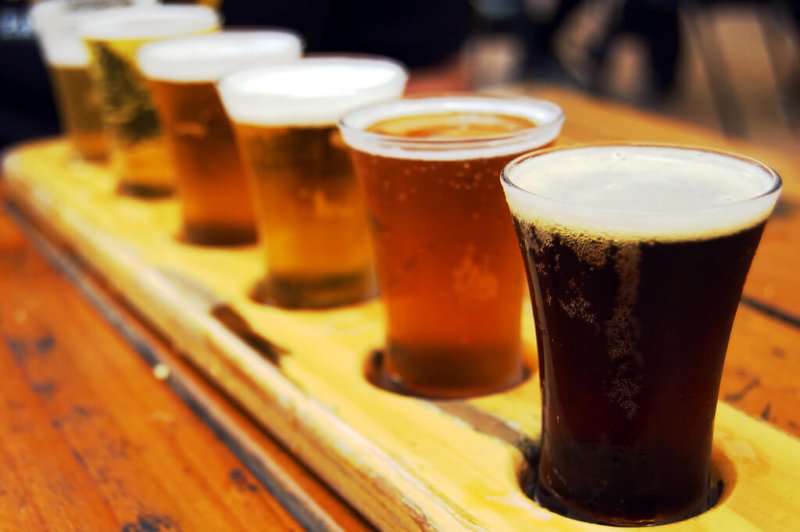The GLP aggregated and excerpted this blog/article to reflect the diversity of news, opinion and analysis.
Researchers are toying with genetically modified yeast in order to create new beer flavors that have never existed before, according to a new study out of the University of Wisconsin-Madison.
In the 1500s, German brewers discovered that storing beer in caves — a method referred to as lagering — made the beer taste better and crisper. That’s because they were unknowingly hybridizing a strain of yeast called Saccharomyces cerevisiae by combining it with a different strain, Saccharomyces eubayanus, which naturally thrived in the cold environment of the caves. People didn’t fully understand the science behind the yeast until the 1900s, but by then it had already revolutionized beer. Today, cold-brewed lager is the most popular alcoholic beverage in the world.
. . .Because of their broad ability to produce incredibly useful things, the University of Wisconsin-Madison researchers wanted to experiment to see if they could manufacture interspecies yeast hybrids more quickly than nature could. . .
“We can achieve hybrids at rates of one in a thousand cells,” said William Alexander, postdoctoral research associate at the University of Wisconsin-Madison and lead author of the study, in the press release. “It is much more efficient than nature.”
. . .They believe it will offer brewers a whole new world of experimentation when it comes to beer flavors. Additionally, it holds potential for biofuel production and research into evolutionary genetics.
Read full, original post: Genetically Modified Yeast Allows Brewers To Experiment With Creative New Beer Flavors































